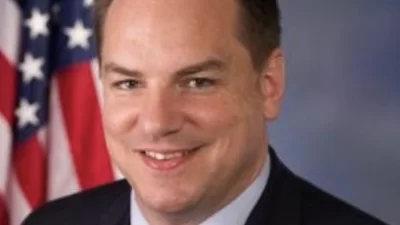WASHINGTON --- Senator Chuck Grassley today said that the final stimulus bill shortchanges Iowa another $57 million -- beyond the $128 million in the Senate version -- in additional federal Medicaid dollars that will go to states if the legislation is passed by Congress and signed into law by the President.
“The bias in the Senate bill was bad, and it’s even worse in the final product," said Grassley. Grassley offered an amendment during Senate debate on the stimulus bill that senators voted down 49 to 47.
The way the formula works, Iowa, 33 other states and the District of Columbia will receive substantially less than bigger states. Grassley said “it disregards the tough economic situation facing our state and others, and it fails to understand that the recession is hitting places like Iowa a little later than other states, but it is still hitting us."
Grassley said that the final agreement reached by Democratic leaders of the House and Senate on the economic stimulus legislation is so skewed that Iowa will receive more than 33 percent, or $185 million less, than if the Grassley amendment had been adopted by senators last week and maintained by conferees."
In addition to Iowa, Grassley’s amendment would have secured fair treatment with the enhanced federal Medicaid payments for Alabama, Alaska, Arizona, Arkansas, DC, Georgia,
Idaho, Indiana, Iowa, Kansas, Kentucky, Louisiana, Maine, Maryland, Mississippi, Missouri,
Montana, Nebraska, New Hampshire, New Mexico, North Carolina, North Dakota, Ohio,
Oklahoma, Oregon, South Carolina, South Dakota, Tennessee, Texas, Utah, Vermont, West Virginia, Wisconsin and Wyoming.
The Grassley amendment was budget neutral, and 75 percent of the redistributed Medicaid funds would have come from California, Illinois, Massachusetts and New York.
Grassley’s amendment would have given each state the same flat 9.5 percent increase in its FMAP payment and allowed states to choose which nine consecutive quarters in an 11-quarter period best fits the economic needs of the state.
This amendment was just one of several filed by Grassley to fix flaws in the Medicaid provisions that are part of the overall proposal. Grassley said the bill fails to prevent states that take the extra federal money from cutting their Medicaid programs, raising taxes, and raising tuition. The proposal also doesn’t require states to address fraud, waste and abuse and the fiscal sustainability of their Medicaid programs.
-30-









